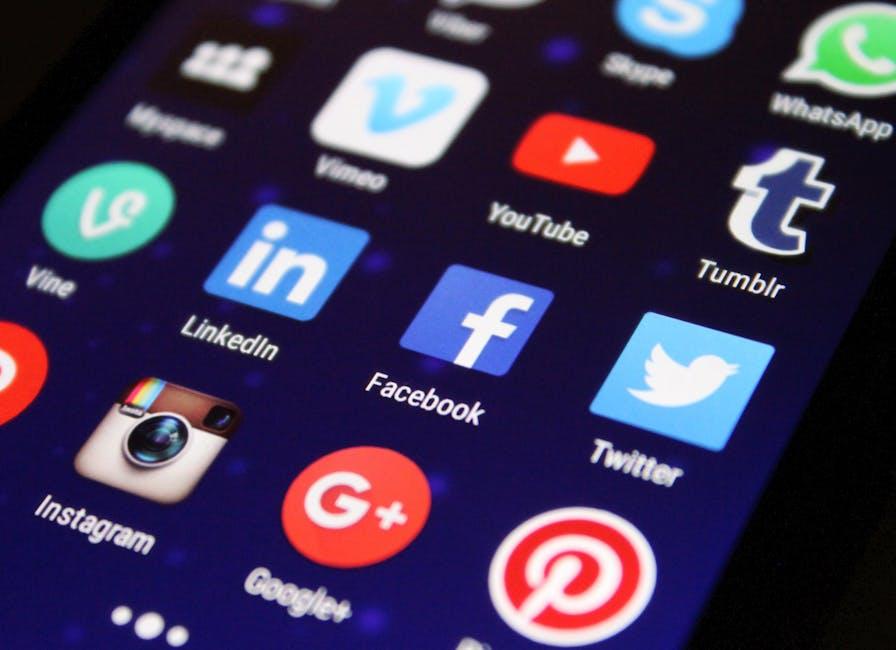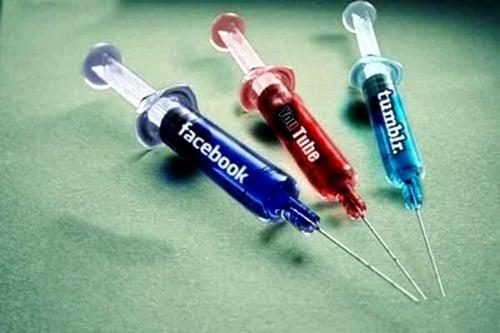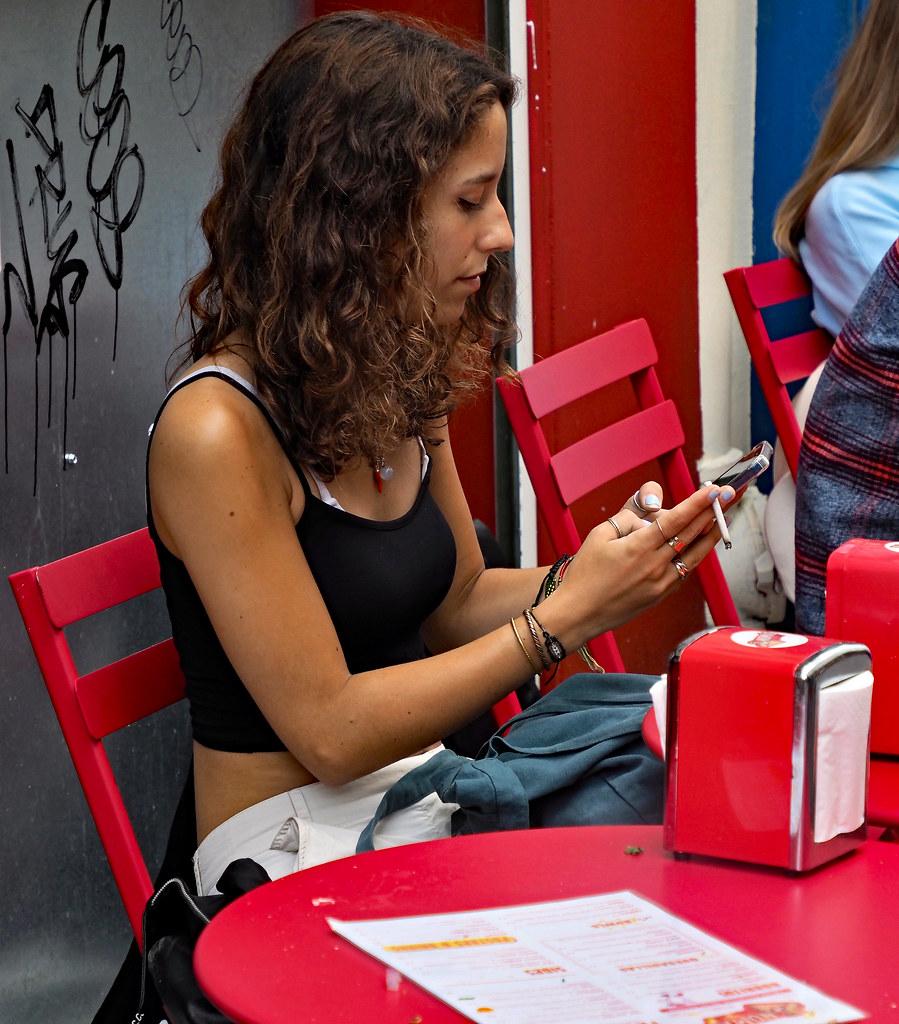In the digital age, where scrolling through endless feeds has become as routine as morning coffee, a new question looms: is our affinity for social media spiraling into a full-blown addiction? As platforms vie for our attention with ever-more captivating content, the line between casual use and compulsive behavior blurs. This article delves into the heart of the matter, exploring whether our digital habits are morphing into a burgeoning mental health crisis. Balancing insights from psychology with real-world stories, we aim to uncover the true impact of our online obsessions and what it means for our well-being.
Understanding the Allure: Why Social Media Hooks Us
In the digital age, social media captivates millions with its potent mix of connectivity and content. But what exactly draws us in so deeply? One key factor is the dopamine-driven feedback loop that platforms exploit. Each like, comment, or share triggers a small burst of pleasure, reinforcing our desire to return for more. This cycle can become compulsive, as our brains start craving the next hit of social validation.
Additionally, social media platforms employ a range of psychological tactics to keep users engaged:
- Endless Scrolling: The infinite feed ensures there’s always something new to see, making it hard to stop.
- FOMO (Fear of Missing Out): Regular updates and stories create a sense of urgency to stay connected.
- Social Proof: Seeing friends and influencers engaging with content encourages similar behavior.
These strategies, while ingeniously designed to enhance user experience, also contribute to the potential for addiction, blurring the line between casual use and compulsive behavior.

The Impact on Mental Well-being: Unseen Consequences
While social media platforms offer unprecedented connectivity, their relentless pull can lead to subtle yet profound effects on mental health. Emotional exhaustion often creeps in unnoticed, as users feel compelled to keep up with endless streams of updates and notifications. This constant engagement can foster feelings of inadequacy and anxiety, as curated online personas set unrealistic standards for comparison.
The ripple effects of this addiction can manifest in various ways:
- Sleep disruption due to late-night scrolling
- Increased isolation despite virtual interactions
- Decreased self-esteem from comparison culture
These hidden consequences underscore the need for a balanced approach to social media use, promoting healthier habits and awareness of its psychological impacts.

Recognizing the Signs: Are You or Loved Ones at Risk?
In the digital age, recognizing the subtle signs of social media addiction can be challenging. Behavioral changes often serve as the first indicators. Individuals may spend excessive time online, to the detriment of personal relationships and responsibilities. Watch for signs like:
- Constant checking of notifications and feeds.
- Neglecting daily tasks or hobbies.
- Feeling anxious or restless without access to devices.
Emotional shifts can also signal a deeper issue. Social media can amplify feelings of inadequacy or loneliness, particularly when one becomes overly concerned with likes and comments. Look for these emotional cues:
- Increased irritability or mood swings.
- Comparing oneself negatively to others online.
- Seeking validation through virtual interactions.
By being attentive to these signs, you can help yourself or loved ones take proactive steps towards healthier digital habits.

Practical Steps to Reclaim Balance and Control
Finding equilibrium in the digital age requires intentional actions. Here are some strategies to help regain control over your social media habits:
- Set Boundaries: Designate specific times for checking social media, ensuring it doesn’t encroach on other aspects of your life.
- Mindful Consumption: Curate your feeds to include content that enriches and uplifts you, rather than drains your energy.
- Detox Regularly: Schedule short breaks from social media to recalibrate your focus and mental clarity.
Incorporate these practices to foster a healthier relationship with social media, allowing you to reclaim your time and mental space.





